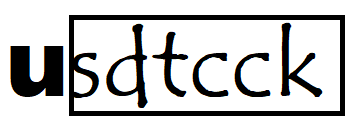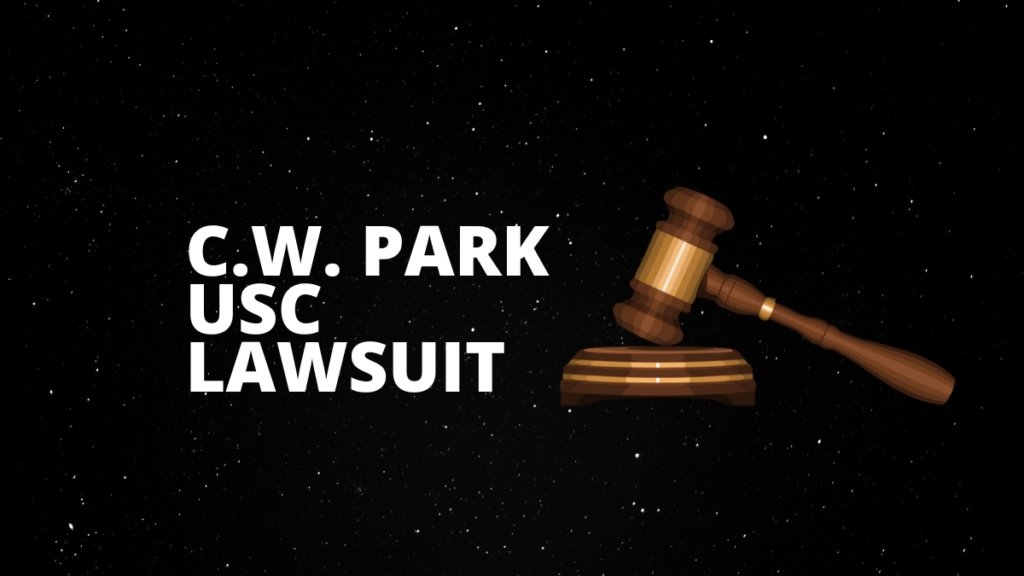The University of Southern California C.W. Park USC Lawsuit has a long and prestigious history. However, in recent years, the institution’s reputation was tarnished by a series of scandals, one of the most prominent being the C.W. Park USC Lawsuit. This lawsuit, filed in 2023, exposed a web of alleged academic misconduct, discrimination, and retaliation within the Marshall School of Business.
Dr. C.W. Park: A Renowned Professor with Troubling Allegations
Dr. Choong Whan C.W. Park USC Lawsuit was a highly regarded marketing professor at USC, known for his research on consumer behavior. However, the lawsuit paints a different picture. Dr. Park accused the university of failing to address academic misconduct by colleagues, specifically alleging data manipulation, intellectual property theft, and sabotage of his research projects. These accusations, if true, represent a serious breach of academic integrity and raise questions about the culture within the Marshall School of Business.
Beyond Academic Misconduct: Claims of Discrimination and Retaliation
Dr. C.W. Park USC Lawsuit went beyond academic misconduct. He further alleged that he faced discrimination and retaliation after raising concerns. This highlights the complex issue of power dynamics within universities, where faculty members may hesitate to speak up for fear of repercussions.
The lawsuit coincided with separate accusations against Dr. Park himself. Several graduate students, in May 2019, filed federal complaints alleging a hostile work environment and a failure by USC to protect them from Dr. Park’s alleged mistreatment. In April 2021, a former student filed a lawsuit against both Dr. Park and USC, raising additional allegations of sexual assault and the university’s prior knowledge of Dr. Park’s behavior.
These additional accusations paint a disturbing picture and complicate the narrative of the C.W. Park USC Lawsuit. While Dr. Park maintains his innocence of these charges, they raise questions about the university’s handling of complaints and its responsibility to ensure a safe learning environment for all students.
A History of Trouble at USC
The C.W. Park USC Lawsuit wasn’t the first time USC faced accusations of misconduct. In 2018, the university settled a record-breaking $215 million lawsuit with the U.S. Department of Education for its mishandling of sexual assault complaints. This earlier case involved a former gynecologist who allegedly abused hundreds of patients over a two-decade period. The C.W. Park USC Lawsuit, coming just a few years later, suggested that USC may have continued to struggle with fostering a safe and ethical environment.
The Fallout: Consequences for USC and the Academic Community
The C.W. Park USC Lawsuit had significant consequences for USC. The university faced intense scrutiny for its alleged failure to address academic misconduct and protect students. The lawsuit also raised concerns about the pressure to publish in prestigious academic journals, which can sometimes incentivize unethical behavior.
The academic community at large was also impacted. The case highlighted the importance of robust systems for reporting and investigating misconduct within universities. It also sparked discussions about the need for better training for faculty and staff on ethical research practices and bystander intervention.
The Current Landscape: Where Does the Case Stand?
As of today, April 30, 2024, there is no publicly available information on the final outcome of the C.W. Park USC Lawsuit. These types of cases can take years to resolve. However, the lawsuit has undoubtedly left its mark on USC and the broader academic community.
Looking Ahead: Lessons Learned and a Call for Change
The C.W. Park USC Lawsuit serves as a stark reminder of the importance of academic integrity and ethical conduct within universities. It highlights the need for robust reporting systems, clear policies against misconduct, and strong support for those who speak up. The case also underscores the responsibility of universities to foster a safe and inclusive learning environment for all students and faculty.
The C.W. Park USC Lawsuit may be over, but its impact continues to be felt. Hopefully, the lessons learned from this case will encourage universities to prioritize ethical research practices, faculty accountability, and student safety. Only then can institutions like USC truly rebuild trust and ensure a culture of academic integrity thrives.

